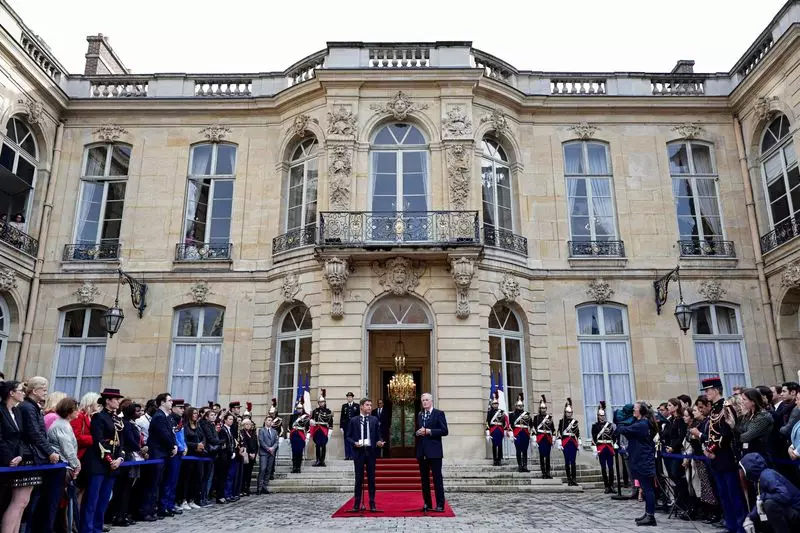France is facing difficulties in meeting the deadline set by the European Commission to submit a plan to reduce its public deficit. According to reports, the country’s budget deficit could spiral unexpectedly higher this year and next if additional savings are not found. This situation has put France into EU disciplinary proceedings and has intensified the political crisis within the country.
The Finance Ministry of France has requested the European Commission to extend the deadline beyond September 20 to ensure coherence with Paris’ 2025 draft budget. The ministry emphasized the importance of aligning the plan with the budget to address the deteriorating finances effectively. While the exact duration of the extension request was not disclosed, it is clear that France is seeking more time to develop a comprehensive strategy.
Incoming Prime Minister Michel Barnier is facing a daunting task of forming a new government and preparing a budget by October 1 amidst the looming threat of a parliamentary vote of no-confidence. The financial shortfall and the urgency to address the deficit pose significant challenges for Barnier as he navigates through the complex political landscape.
Tough Choices Ahead
With the possibility of the deficit worsening, the new government led by Barnier may have to make difficult decisions regarding spending cuts and tax hikes. Failing to address the deficit effectively could jeopardize France’s credibility with its EU partners and financial markets. The pressure is mounting on the government to find a balanced approach to mitigate the financial challenges.
Political Dynamics and Alliances
The political dynamics within France add another layer of complexity to the situation. The leftist New Popular Front (NFP) alliance and the far-right National Rally (RN) hold a majority in parliament, giving them the power to potentially oust the prime minister through a no-confidence vote. The RN’s conditional support for Barnier as the prime minister underscores the delicate balance of power in forming the new government.
Expectations and Accountability
As the country grapples with economic uncertainties and political tensions, there is an expectation for the new government to prioritize the interests of the French citizens. Parties like the RN are vocal about holding the government accountable for its actions and decisions. The need for transparency and responsive governance is paramount in restoring stability and confidence in the economy.
France’s quest for an extension on the deadline to reduce its public deficit reflects the challenging circumstances it faces. The convergence of economic pressures and political intricacies underscores the importance of effective policy-making and governance in addressing the financial challenges. The coming weeks will be crucial for the new government to make critical decisions that will shape the country’s future trajectory.

